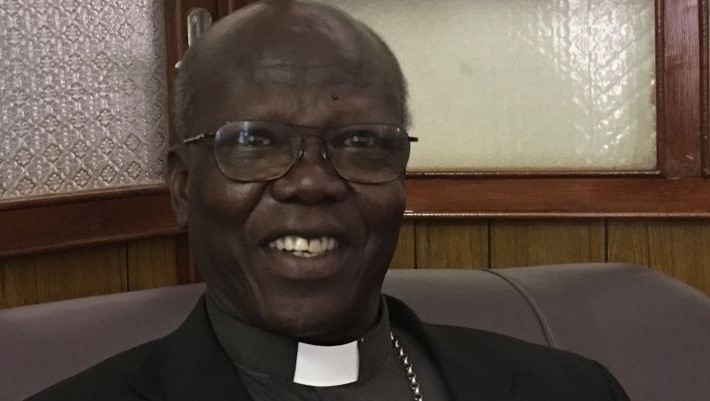By CISA
KHARTOUM, NOVEMBER 6, 2020(CISA)-Muslim and Christian religious leaders have agreed to join forces and promote religious freedom in the country by signing a declaration to promote peace and freedom of worship for all, and encourage ecumenism.
After the declaration was signed October 26 in Khartoum, Archbishop Michael Didi, of the Catholic Archdiocese of Khartoum noted that three decades of religious oppression had created social stigma among different communities across the country, and that change will take time.
“I think we are moving well but it will take some time because many things were planted for a long time and to uproot them and make things new, and the understanding and the change of heart, the change of thinking and the change of how to deal with one, maybe it will need some time,” he told VOA’s South Sudan in Focus.
Jibril Bilal, a member of the Darfur-based rebel group Justice and Equality Movement, said the declaration’s resolutions are in line with the peace agreement mediated in Juba, which calls for a secular system of governance in Sudan with equal rights for everyone.
“The state and the government and the official bodies have to stand in the same level of the people of Sudan. The state and government have to look after the interests of the Sudanese, regardless of their religion, ethnicity, colors and all this stuff,” Bilal said.
William Delvin, co-chair of the Khartoum-based organization Unity International, said the declaration paves the way for religious freedom in Sudan after decades of strict Islamist rule.
He called on Muslims and Christians to forget the past and work together to build a new Sudan where citizens are treated equally.
Delvin praised the transitional government under the leadership of Prime Minister Abdalla Hamdok for enacting religious reforms.
“I think that God providentially had us here at this time after the repeal of the apostasy law, the banning and criminalization of female genital mutilation, after the peace agreement [between the government and rebel groups] and the discussion of having a secular state, the separation of mosque, church and state,” he said.
Raja Nichola Abdul Messih, a member of Sudan’s Sovereign Council, said
the government is committed to reforming all oppressive laws and promoting social justice such that Sudan can be a shining example to the world where multicultural groups can peacefully coexist.
“Sudan is known for multiethnic, multilingual, multireligious and multieconomic social and political activities. Therefore, its culture is a mixture of African and Arab features. They deal according to an interconnected social system through which it is easy to find suitable ground for the harmony of this hybrid of all their differences,” Messih said.

